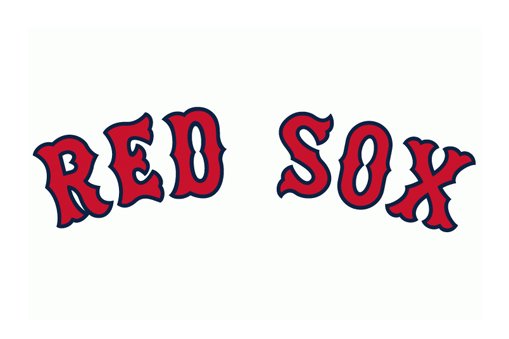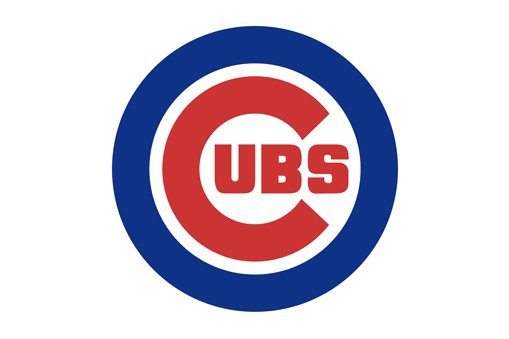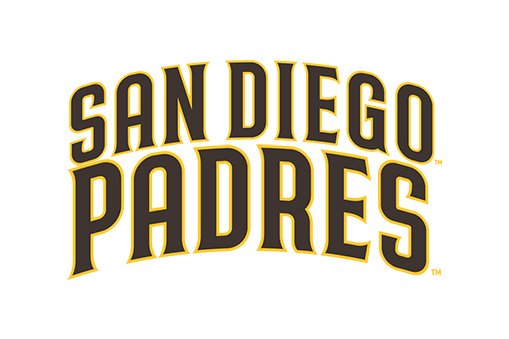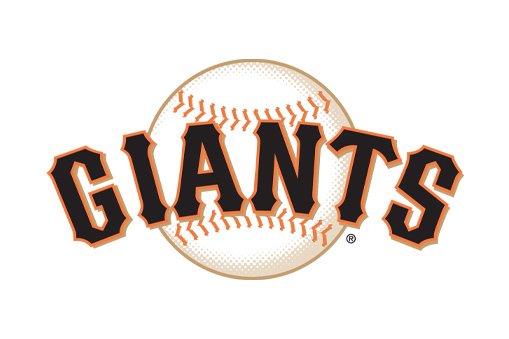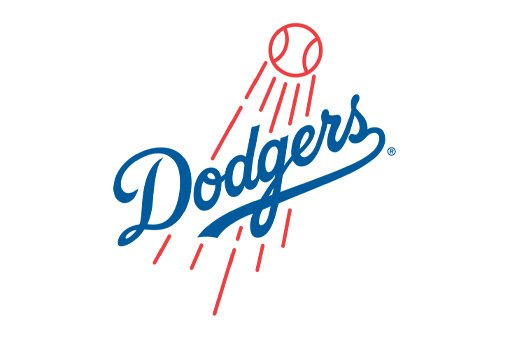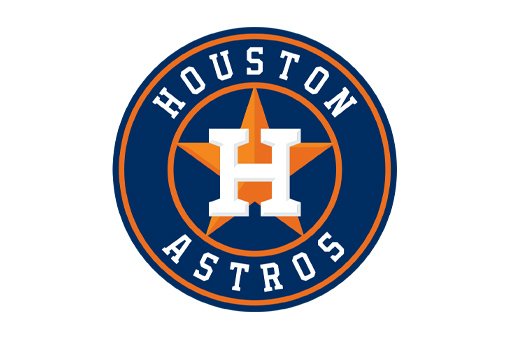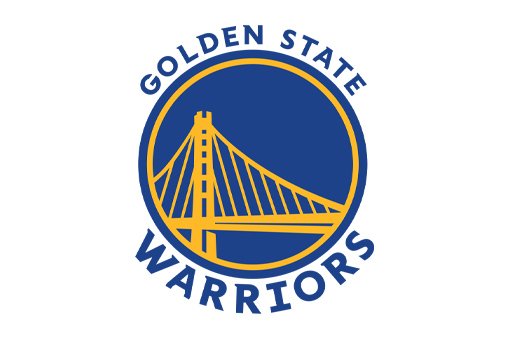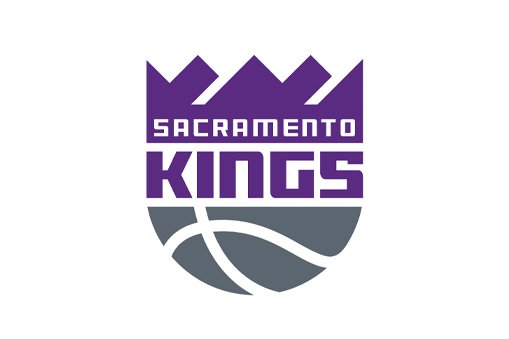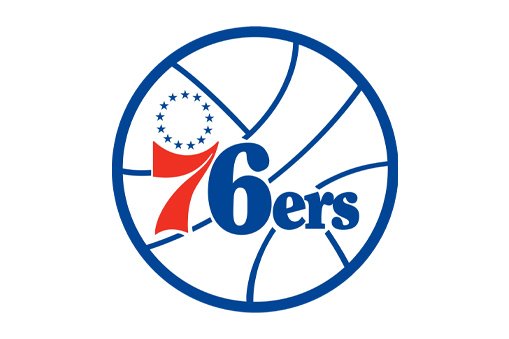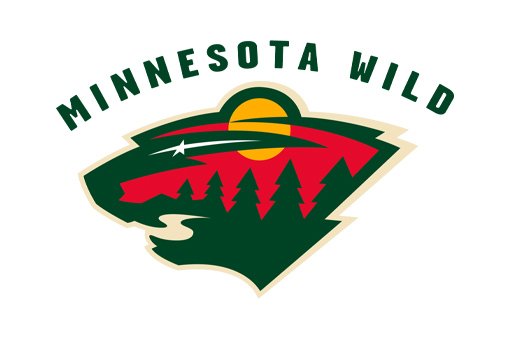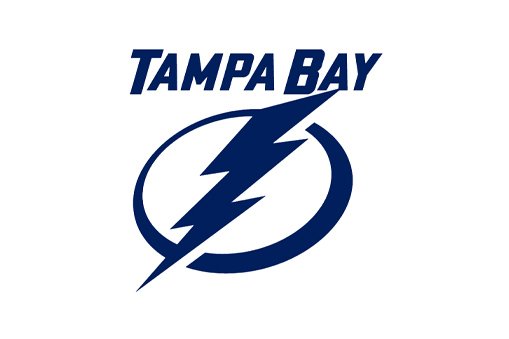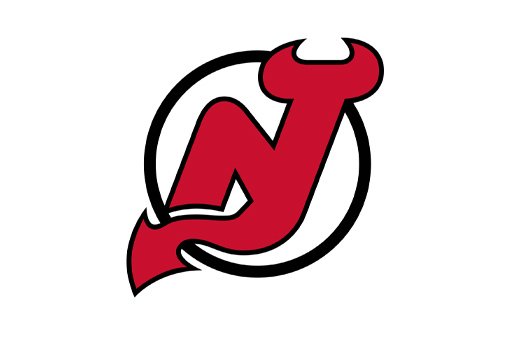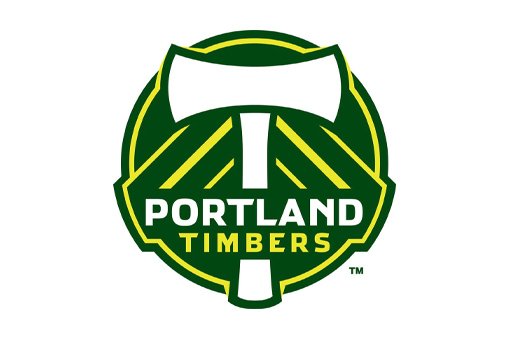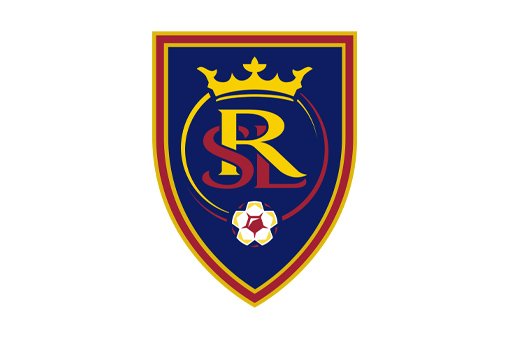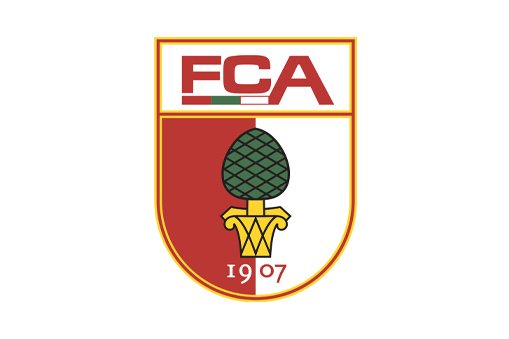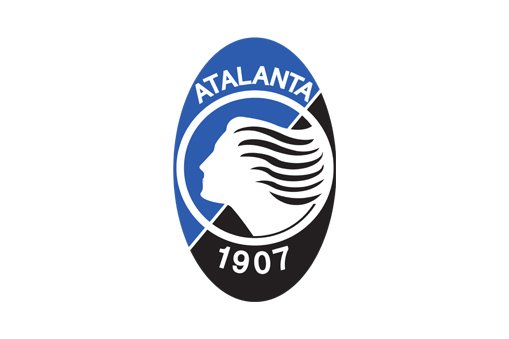How I Invested in Major Sports Franchises - Part 2 of 2
Editorial Credit: Felix Mizioznikov / Shutterstock.com
As I mentioned in Part 1 of this two-part blog, the way for the average person to invest in a professional sports franchise is through stock ownership in the controlling corporation if it’s an available option. Those stockholders are not owners per se, any more than people who buy shares in Apple Computer have any say over the running of the company. They have invested in the franchise, though, and depending on how the team is set up may profit (or lose) from it.
I like to think of myself as someone who has worked hard in life and along the way been focused on putting myself in a position to invest in opportunities that aren’t available to most people. One of these investment opportunities was a life long goal of owning a major sports franchise. One of the best days of my life came in 2020 when I received a rare invitation to invest in a sports fund that has ownership of many valuable, professional sports teams plus other sports ventures. One of my lifelong goals came true!
Why Private Equity?
This gets a little complicated. Considering that appreciation in the resale value of a sports franchise has of late been incredible, it’s hard to imagine why an owner or owners would sell a minority stake to a private equity firm. But all you have to do is look at what owners have to deal with. This industry is no different to me than other equity investments in companies I’ve owned. Let’s consider the following...
Team owners can see their investments increase by huge percentages, but they usually don’t see any real profits until they sell their teams. Sure, there’s some revenue from ticket sales, etc., but not enough to justify paying a billion or so for their teams. It’s the sale of the teams that makes the real money. (The same in almost every company.) So just like real estate, a sports franchise is an illiquid asset.
A report from Front Office Sports found that more than one third of owners have liquidity problems – a lack of valuable liquid assets. That’s because with purchase prices so stratospheric, a large portion of an owner’s net worth is tied up in the team. Cash is king, and the prestige of owning an NFL team won’t pay for other investments and expenses.
This is where private equity firms come in. By selling a percentage of their ownership to a private equity firm, owners need to receive cash, a liquid asset they may need immediately. For example, when Arctos Sports Partners bought 17% of the Sacramento Kings, they directly paid the Kings owner $306 million in cash.
Who are the Big Players in Private Equity Ownership?
As mentioned above, CPS Arctos Sports Fund I is one of the biggest, which is why I was ecstatic to be invited for this personal ownership. It boasts minority ownership in 3 NBA Franchises, 3 NHL Franchises, 2 MLS Franchises, 6 MLB Franchises and 2 teams in European Football. There are also investments in “minor league” franchises in all sports.
I was fortunate to be allowed to invest in the CPS Arctos Sports Fund I. And by “allowed” I mean the fund is not traded on the open market but needs approval to invest in. Also, the minimum investment amount is considerable. I won’t say how much it is, but it’s a significant commitment, along with being approved you have the funds in order to be selected by the fund.
MLB
NBA
NHL
MLS
European Football
How does it work?
Editorial Credit: SnapASkyline / Shutterstock.com
The fund itself does better when the teams it invests in do better. Arctos celebrated the first Championship of one of its team investments when the Golden State Warriors defeated the Boston Celtics in game six of the NBA Finals. The Tampa Bay Lighting fell just short of defeating the Colorado Avalanche in the NHL Stanley Cup Finals. Both events led to higher-than-expected revenue for the season, resulting in strong early performance for these investments.
Letting private equity firms invest in their teams is a strategic move by the sports leagues. When there are more investors demand increases. Since there is a very limited supply of professional sports teams, demand usually exceeds supply. That’s always a cause of inflation (the law of supply and demand), and in this case the reason prices for teams (their value) rise. This helps the team owners, majority and minority, and the private equity firms.
Of course, the same drawbacks that hinder the majority owners can hinder the private equity firms. Team owners only profit when they sell the teams. The same goes for private equity firms. As a private investor, I must exit (sell) the investment at the proper moment to lock in the profits.
Take Arctos Sports Partners as an example. They acquired a 13% share in the Golden State Warriors for an estimated $715 million. It’s believed that by the time Arctos chooses to exit the investment, that 13% will be worth well over a billion dollars. How many individuals have north of a billion dollars to purchase a 13% stake in a franchise? Not many.
What about me?
What my investment in Arctos means is that I’ve taken a stake in someone else’s group of professional sports teams. Taking into account all the teams Actos has invested in, they’ve diversified to reduce any risks to all private investors. And because my investment commitment allows my opportunity to sell, I should be able to sell when I wish – hopefully at a nice profit.
But what’s really nice is that I can reflect on a dream I’ve had since a young age, I’m using that term loosely – some of the greatest sports franchises in the world.


